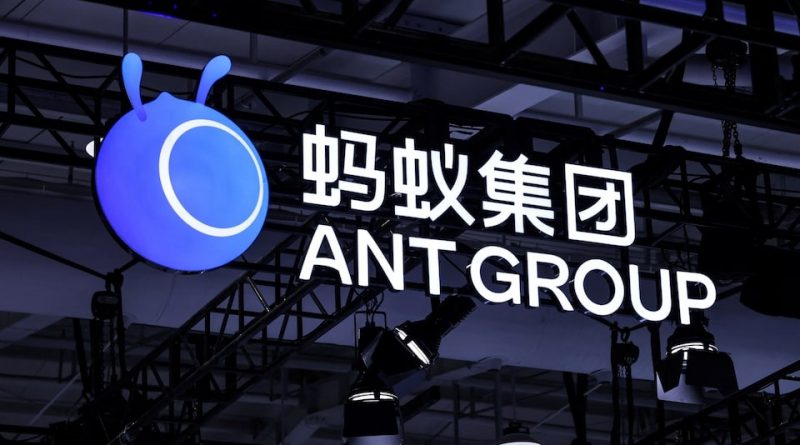Chinese Tech Giants Reassess Stablecoin Strategy to Align with National Financial Goals
Beijing – Chinese technology leaders, including Alibaba-backed Ant Group and JD.com, have chosen to pause their stablecoin initiatives in Hong Kong to ensure complete alignment with Beijing’s evolving financial and regulatory objectives.
The move reflects a deliberate and positive step toward strengthening the country’s commitment to financial stability, consumer protection, and innovation under proper supervision.
According to recent developments, these leading companies have temporarily set aside their plans to issue stablecoins following guidance from regulators such as the People’s Bank of China (PBOC) and the Cyberspace Administration of China (CAC).
This pause is not seen as a setback but rather as an opportunity to synchronize with China’s long-term digital finance strategy — one that prioritizes responsible innovation, transparency, and market trust.
The decision comes at a time when Hong Kong has been positioning itself as a global hub for digital finance. Earlier this year, the city’s legislature passed a landmark stablecoin bill, providing a clear licensing regime for fiat-referenced stablecoin issuers.
The framework ensures that digital currency projects operate with accountability and safeguards in place. By pausing to review regulatory clarity, Chinese tech firms are showing their commitment to building a compliant, resilient, and sustainable fintech ecosystem.
A Step Toward Responsible Innovation
Ant Group and JD.com’s cautious approach underscores the maturing nature of China’s digital finance environment. Stablecoins — digital tokens designed to maintain a stable value, typically pegged to fiat currencies like the U.S. dollar or Chinese yuan — have become central to global crypto trade.
However, concerns have grown worldwide about unregulated issuers and potential risks to monetary sovereignty.
By working closely with regulators, China’s tech companies demonstrate foresight. Rather than rushing to launch private stablecoins, they are taking time to ensure that innovations like blockchain-based payment systems and digital assets align with national economic goals and consumer safety standards.
This also reflects Beijing’s broader strategy of integrating digital finance with the Digital Yuan (e-CNY) project, which aims to modernize currency usage and boost financial inclusion without compromising stability.
Strengthening Hong Kong’s Financial Position
Hong Kong’s new stablecoin licensing regime, overseen by the Hong Kong Monetary Authority (HKMA), represents one of Asia’s most advanced regulatory frameworks. Under this structure, any entity issuing stablecoins backed by the Hong Kong dollar must first secure a licence, ensuring transparency and investor protection.
Ant Group had earlier announced plans to join the pilot stablecoin program, while JD.com also expressed interest. Their current pause allows for further alignment with the new licensing rules and for building systems that can meet international compliance standards. This step is expected to strengthen investor confidence in Hong Kong’s ambition to serve as a responsible digital finance hub bridging Mainland China and global markets.
Balancing Innovation and Regulation
Global regulators have increasingly recognized the need to balance innovation with oversight, and China is taking a leadership role in setting that standard.
The PBOC’s involvement in guiding the fintech sector reflects its commitment to preventing systemic risks while allowing the industry to thrive responsibly.
In fact, this development could pave the way for a more unified national approach to digital currency — one that harmonizes the Digital Yuan with regulated private-sector initiatives.
It signals that China’s fintech giants remain central to the country’s digital future, but in a framework that ensures financial integrity and long-term sustainability.
While stablecoin projects by Ant Group and JD.com are temporarily on hold, both companies continue to advance in digital payments, blockchain technology, and AI-driven financial services.
Once regulatory clarity is complete, these firms are expected to resume their digital currency plans — this time with even greater alignment to global compliance norms and national monetary policies.
China’s methodical approach demonstrates maturity in its financial modernization journey. Instead of viewing the pause as a limitation, analysts see it as a sign of stability, responsibility, and confidence in the future of digital finance.
By prioritizing structure over speed, Chinese tech giants are paving the way for a safer, smarter, and more inclusive financial ecosystem — one that sets an example for the world.



